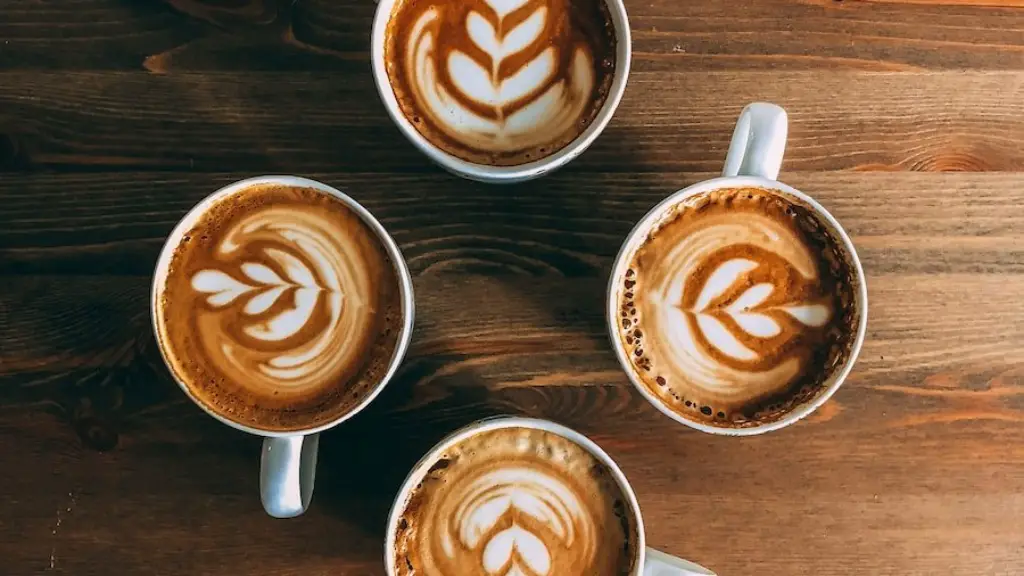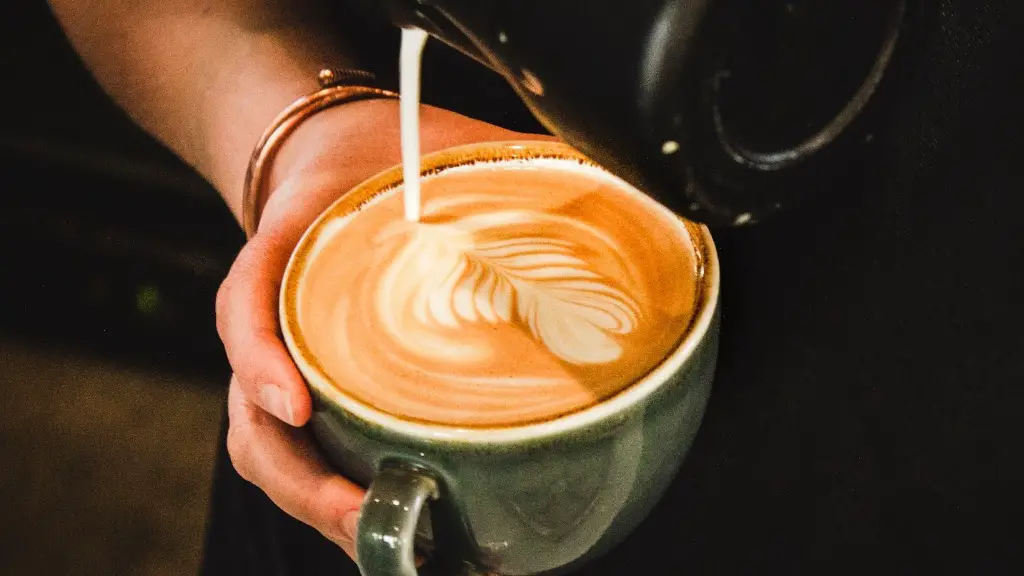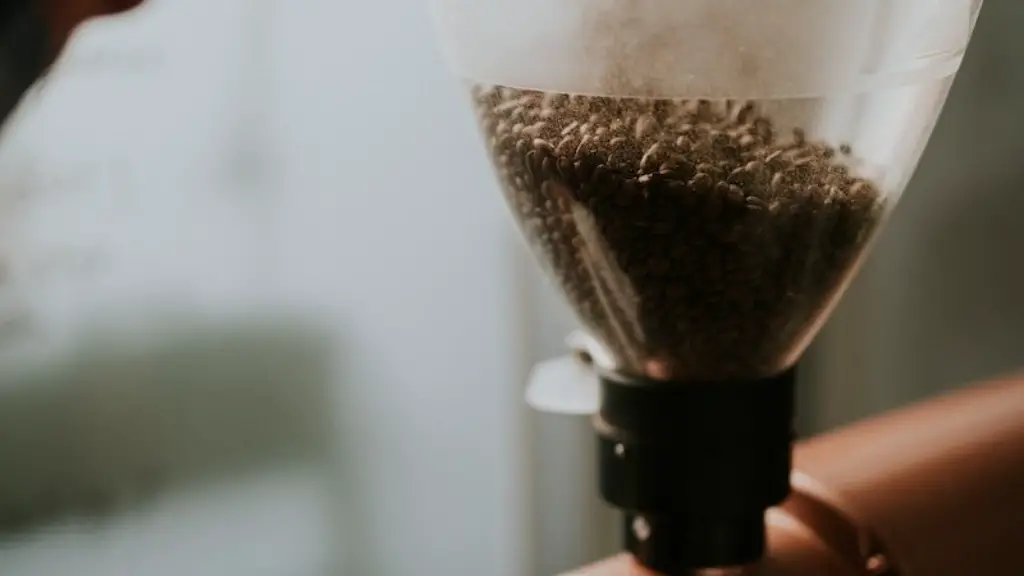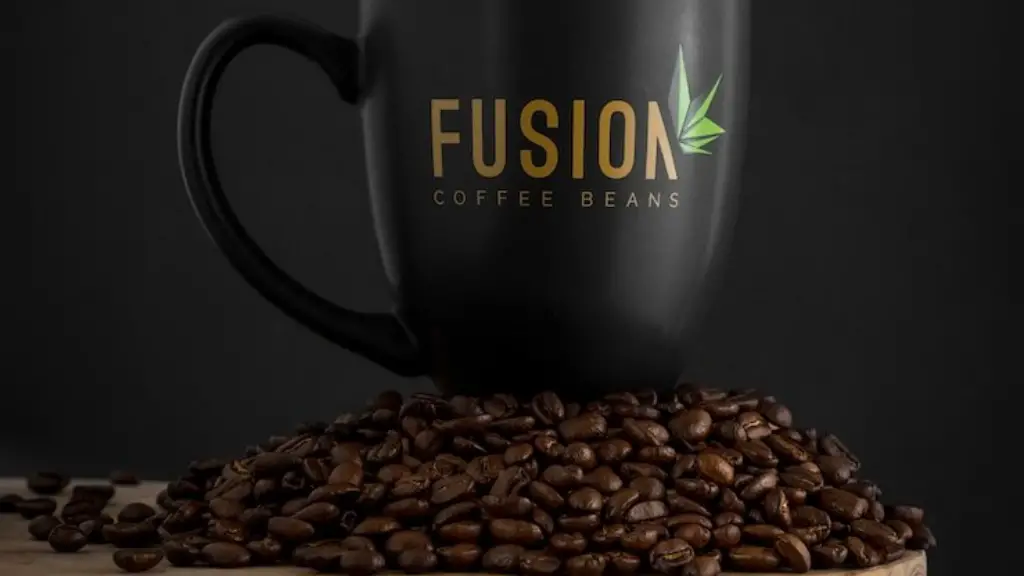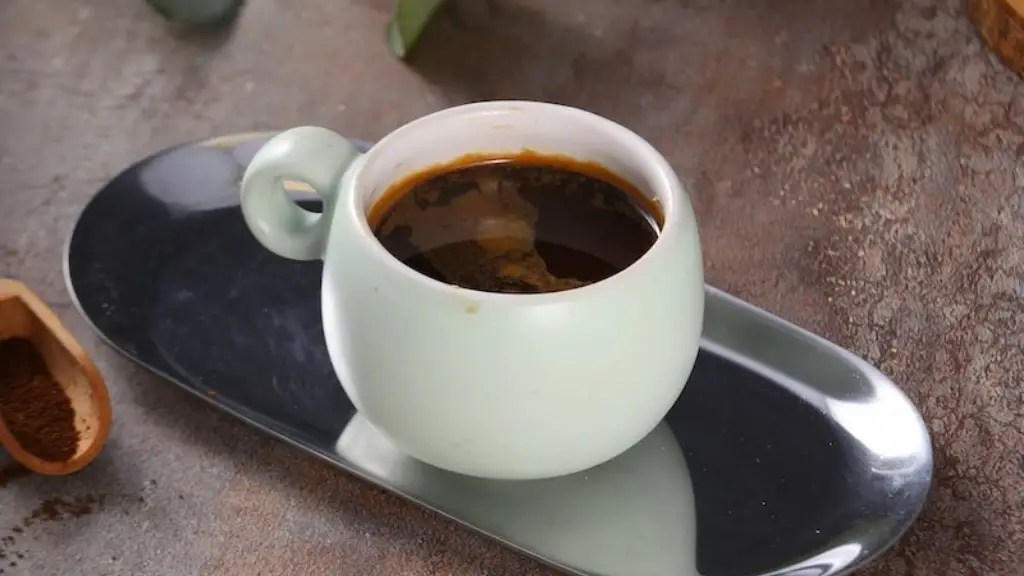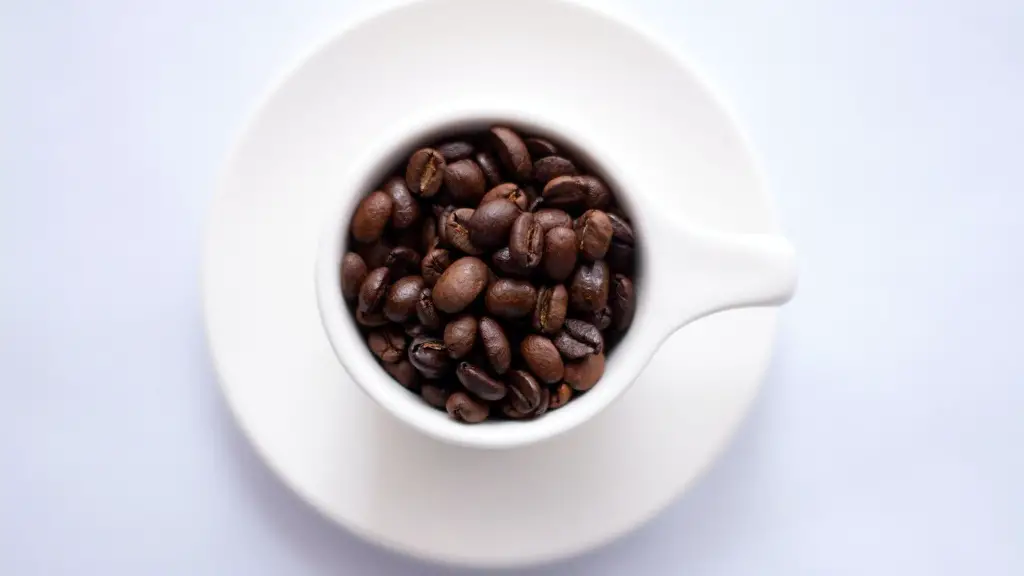Fasting before undergoing lab work is necessary to get accurate results from the tests performed. The most common form of fasting involves not eating or drinking anything for at least 10 to 12 hours before a test. With the majority of laboratory tests designed for fasting, it is assumed that you will abstain from all food and beverages, including coffee.
Although the general rule is not to consume any food before having a blood test, recent studies have shown that drinking caffeinated beverages such as coffee is not harmful and does not interfere with the results of lab tests. These studies suggest that a cup of coffee is allowed before a lab test.
Underlying Medical Conditions
However, some underlying medical conditions may not allow it. People who suffer from disorders such as diabetes, high cholesterol, hypertension, and other medical disorders, require special instructions from their medical care provider.
That being said, experts advise speaking to your physician before having coffee or any other beverage or food when fasting for a lab test. You should also take into consideration additional instructions given by the laboratory personnel to guarantee an accurate result.
For example, if you’re having an insulin test and you drink coffee before it, your body’s sugar level increases because of the caffeine it contains, so the results may not be accurate. Similarly, drinking coffee before a cholesterol test may also produce distorted results.
To avoid any discrepancies on the results of your lab tests, it is important to not consume anything, including coffee, for at least 10 to 12 hours before your lab tests. This ensures that the results reflect the natural condition of your body at the time of the test.
Caffeine’s Impacts on the Body
Espresso-based coffee, made with an espresso machine, is generally the type of coffee that produces the most intense impacts on the body. Drinking this type of coffee before a lab test can temporarily impact the cardiac rhythm, thus affecting the test results.
Additionally, drinking a cup of coffee during your fasting reduces the amount of time your body remains without food or beverages, causing fluctuations on the results of the test. When this happens, doctors may overlook some health conditions that can be easily addressed with the correct diagnosis.
Safety Tips
Fasting for lab tests ensures we are able to provide our medical care providers with accurate results of the tests performed. Therefore, it is important to follow a few safety tips to avoid any complications.
Firstly, talk to your doctor before drinking coffee before a lab test, to avoid any interference with the results. Secondly, inform the laboratory personnel if you have consumed coffee before the test; this will ensure that they take this into consideration while interpreting the results. Lastly, avoid drinking coffee the night before a lab test and the morning of it; this will make sure it does not affect the results.
Coffee Alternatives
If you are obligated to fast for a lab test and you want to avoid drinking coffee, you should consider other alternatives such as green or herbal tea.
These types of beverages contain caffeine but, unlike coffee, their caffeine concentrations are lower, reducing their impacts on the test results. Additionally, recent studies have shown that drinking herbal tea does not distort the results of the lab tests, making it an ideal alternative to coffee.
Nonetheless, regardless of the type of drink you consume, it is important to talk to a doctor before drinking any type of beverage while fasting for a lab test. Not following this advice can lead to inaccurate results.
Drinking Fluids
Other forms of caffeinated beverages, such as sodas and energy drinks, contain large amounts of caffeine. Hence, they can interfere with lab tests and distort results. For this reason, it is important to avoid drinking any type of caffeinated beverage when fasting for a lab test.
Nevertheless, it is okay to consume caffeine-free fluids such as water while fasting. Studies have shown that plain water is not harmful and does not alter the results of laboratory tests; however, drinking copious amounts of water beforehand may dilute substances that the test is designed to measure.
Considerations
Just like any other medications and treatments, there are several considerations to take into account before drinking coffee or any other caffeinated beverage while fasting for a lab test. It is advisable to not drink any caffeine at least 10 to 12 hours before a lab test.
These considerations do not apply if you consume caffeine in low levels, or if the test you are about to take does not look for any type of substance that caffeine can alter. Having said this, it is important to talk to your physician before drinking coffee or any other caffeinated beverage in order to guarantee accurate test results.
Adjusting Coffee Intake
If you are planning to have a lab test and you wish to drink coffee beforehand, it is important to adjust your intake. Stick to the regular amount of coffee you usually drink to avoid abrupt fluctuations of caffeine levels in your body. Avoid drinking more than usual, as this can impact the results of the test.
It is also crucial to adopt a healthy lifestyle in order to ensure accurate results during a lab test. Eating right, exercising regularly and avoiding caffeinated beverages before a laboratory test will increase the chances of getting precise results.
Accurate Test Results
Reading scientific analyses and research can be confusing and overwhelming. That being said, when it comes to fasting for lab work and coffee, the suggestion is to stop consuming it 10 to 12 hours before the test to get accurate results.
Remember that results can be distorted if drinking coffee too close to the test. Moreover, individuals with underlying medical conditions should always seek medical consultation before consuming any caffeinated beverage. They must also follow the extra instructions given by laboratory personnel for better results.
Avoiding Caffeine Overload
Caffeine is a widely known stimulant that can induce negative side effects and alter the results of laboratory tests. Keep in mind that in certain cases, regular caffeine intake is considered safe and does not interfere with lab test results. Nonetheless, you should never disregard the importance of consulting with your doctor before drinking anything, especially if you have underlying medical conditions.
Likewise, it is important to avoid overloads of caffeine to guarantee accurate results. If you are planning to take a lab test, stick to the regular caffeine intake and adjust it accordingly during the fasting period.
The Body’s Reaction to Caffeine
Caffeine impacts our body in different ways, and its effects often differ from one individual to the other. We all respond differently to this substance and that is why consulting with a doctor before consuming any caffeinated beverage is always the best option.
When fasting for a lab test, it is important to know how our body reacts to the caffeine we consume. As it is almost impossible to fully guarantee accurate results, it is always best to avoid coffee and other caffeinated beverages when fasting for lab tests.
